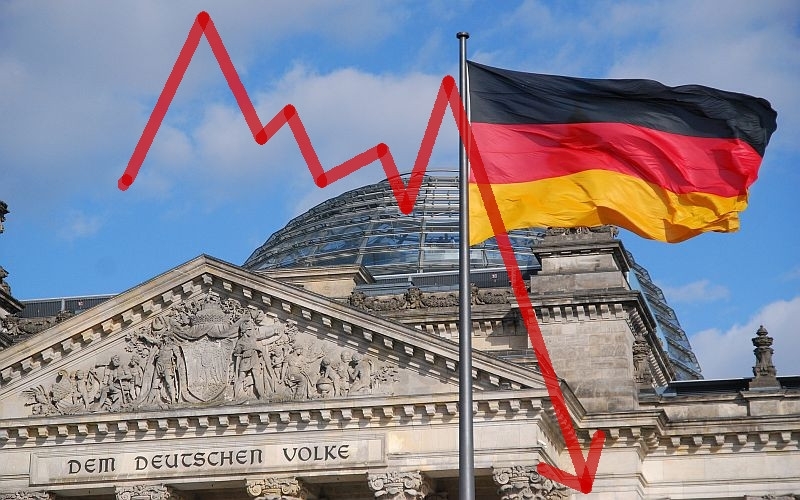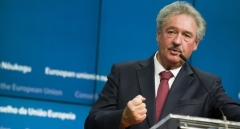Germany's recession is inevitable - Bloomberg
Latest Inflation Relief Aid reportedly can't ctop Economic Recession
A €65-billion financial aid package adopted by Berlin as the latest attempt to ease inflation-driven pressure from a tightening power-supply crisis won’t help the EU’s biggest economy to avoid a looming recession, Bloomberg reported Monday, citing analysts.
The measures include higher subsidies for lower-income households, payments to students and pensioners, and a cap on power prices.
“While the announced package will indeed bring some relief for the financially weaker ones, it is doubtful that the package will be enough to offset the impact from higher energy bills entirely,” ING economist Carsten Brzeski said, in a report to clients seen by the agency.
The expert also expressed doubts that the full package would become operational in 2022, saying that “the package will probably fall short in preventing the broader economy from falling into recession.”
Meanwhile, Commerzbank economist Joerg Kraemer warned that the announced steps just create the “illusion that large parts of the population can be shielded from the fallout of rising energy prices.” He added that Berlin’s approach, combined with maxed-out production capacities, may fuel already elevated consumer prices.
Slashing household power bills by €10 billion is expected to reduce headline inflation by 0.6%, according to a “back-of-the-envelope calculation” by Greg Fuzesi, JPMorgan Chase strategist, as quoted by Bloomberg.
“There are too many questions at this point to gauge the exact impact on inflation, including about timing,” he said, adding that “new risks may be materializing” due to the halt of Russian gas supplies via the Nord Stream 1 pipeline.

Comments to this:








